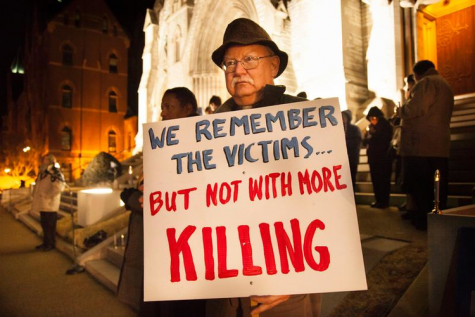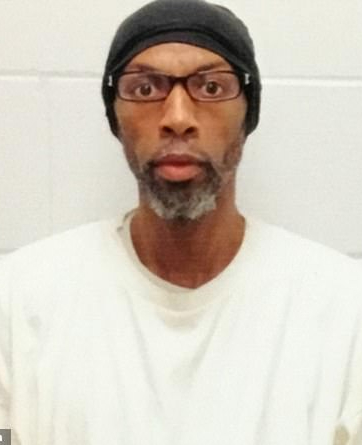
Ben Meyler | Writer
January 10, 2021
Capital punishment, also known as the death penalty, is legal in 28 US states, including California. Thirteen people have been prosecuted in California since the death penalty was reinstated in 1977. Another 148 people have died on death row from other causes, 29 of which have been from suicide as of January 4, 2021. Some people believe that more killing isn’t necessary, and others think that some people deserve to be executed.
The death penalty is a difficult subject, especially because of the fact that it’s dealing with criminals. Many people are anti-death penalty because of the fact that our justice system is so flawed and those who receive the death penalty tend to be poor, poorly educated, and represented by court-appointed lawyers or public defenders. However, when it comes to wealthy criminals, they can buy themselves out of the harsh sentence. A study published in Crime & Delinquency in October of 1980 found that those who kill white people are nearly 40 times more likely to be sentenced to death than those who kill black people, implying that certain lives are more important than others. While this was 40 years ago and things have progressed, sadly this still occurs on many occasions. A study published in Proceedings of the National Academy of Sciences determined that at least 4% of the people on death row were and are likely innocent. This number should be 0% because nobody should be put on death row unless they are 100% guilty of the convicted crime. Dustin Higgs is a great example of one of these unfair sentences.

Dustin Higgs’s name has been a popular topic recently since he was sentenced to be put to death on January 15, 2021. There is a petition circulating to save Higgs but the hope of that is looking low as of now. Higgs is a black man who was sentenced to death on October 26th, 2000 for his role in the kidnapping and murders of three women. Higgs did kidnap the women along with Willis Haynes, but he did not commit the murders. In fact, Haynes was the one who pulled the trigger on the three young women. Both Haynes and many witnesses have pleaded for Higgs, stating that he had no part in the murders, but Higgs is sentenced to death while Haynes was only sentenced to life in prison. Higgs’s actions are unjustifiable and he is in no way innocent, but this situation is one of many that shows how unfair the justice system is in our country.
On one hand, some believe the death penalty is highly outdated. “The death penalty seems so old-fashioned and in my opinion, life in prison seems just as bad if not even worse than being put to death,” junior Paris Smith said. “It’s 2021, not the 1800’s.”
On the other hand, some may feel that the death penalty is justified in certain cases. “I have mixed feelings about the death penalty because in order to get to that point as the person being prosecuted you had to have committed a pretty big crime,” junior Kelsey Ostrander said. “I’m surprised that it’s still a thing in America but I’m not necessarily against it because I think that some people deserve it but depending on the case my opinion could change.”
Capital punishment is a controversial act that America could go with or without. Dustin Higgs is mentioned because of the heightened awareness of his case, but he is only one of many that have been unfairly sentenced to death. The death penalty tends to be inconsistent; for similar crimes, some are sent to jail while others are sentenced to death. The whole justice system could be argued as being flawed. As of now for California, Governor Newsom has halted any further executions. Capital punishment is slowly fading away across the U.S. and for the first time in about four decades, polls showed that fewer than half of Americans supported capital punishment.

Leave a Reply